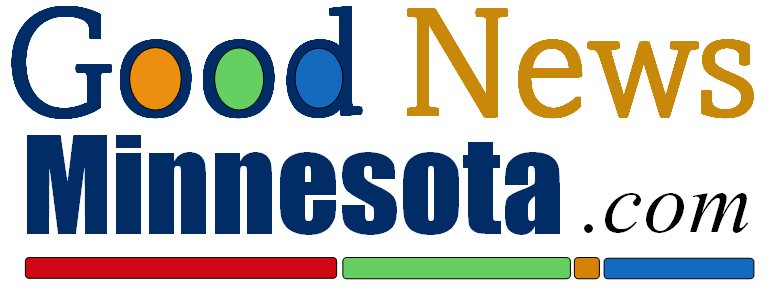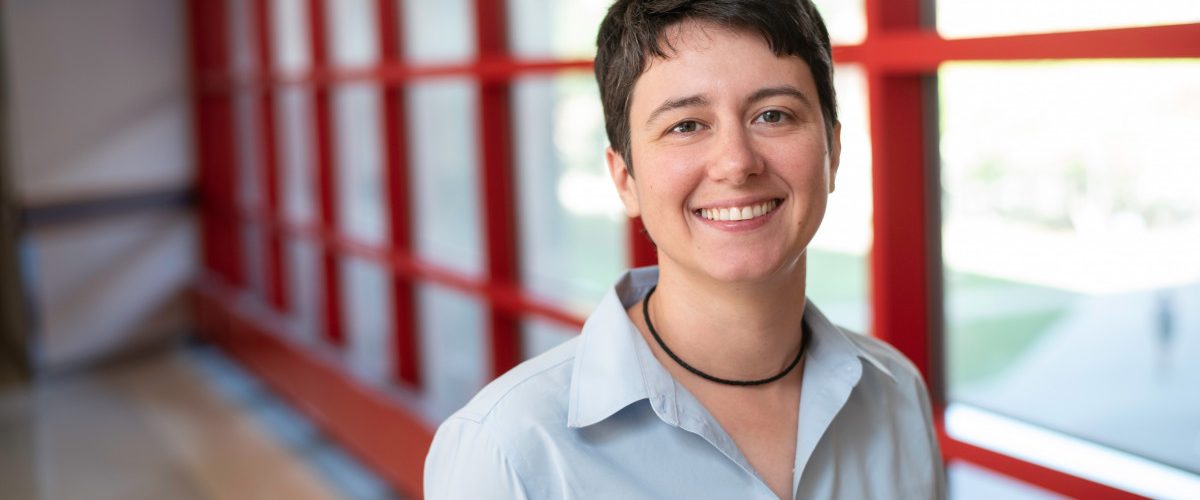(Minneapolis, MN) — The GroupLens Lab and other department faculty received a $400,000 grant from the National Science Foundation. The Department of Computer Science & Engineering professors Lana Yarosh, Stevie Chancellor, Joe Konstan, Kangjie Lu, and Loren Terveen were awarded for research titled “Beyond the Individual: Community-Engaged Design and Implementation of a Framework for Ethical Online Communities Research.” The project focuses on the collection of big data in online communities.
Led by Yarosh, the work aims to bridge the gap between which data should and should not be used by researchers and the direct implications of this distinction. Currently, researchers essentially have no accountability, oversight, or opportunities for feedback when it comes to mining for data generated by online communities. Yarosh and team note that whether and how this data is collected and used has an impact on those within the online community.
“Frequently these communities are public in the sense that they’re not behind a lock and key,” Yarosh said. “But, they aren’t quite public either. The communities end up being in an in-between space. I may be expecting other people who relate to me in my community to see my post and give support or advice. But I’m not anticipating that a bunch of researchers are going to collect that data and then do something with it. That’s not why I posted that data.”
Yarosh’s work specializes in online recovery communities, which are groups of people recovering from substance use disorders such as addiction and alcoholism. People often post vulnerable information for the purpose of support and comradery. That being said, Yarosh notes that research on online communities has the possibility to be a positive thing.
“Our research explores the question, what are the ethical considerations of doing research with online communities? How can we provide both researchers and online communities with the best practices to avoid situations where norms are violated and people think their data has been misused? We aim to find the balance between situations where research has no oversight versus situations where no research is allowed at all and thus all the possible benefits that could result from that research are lost.”
Professor Yarosh invites research assistants, undergraduates and graduates, and those in online communities that would be interested in participating in this project to contact her at lana@umn.edu.






